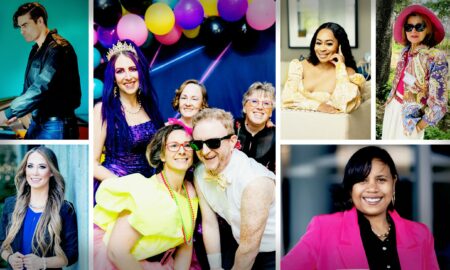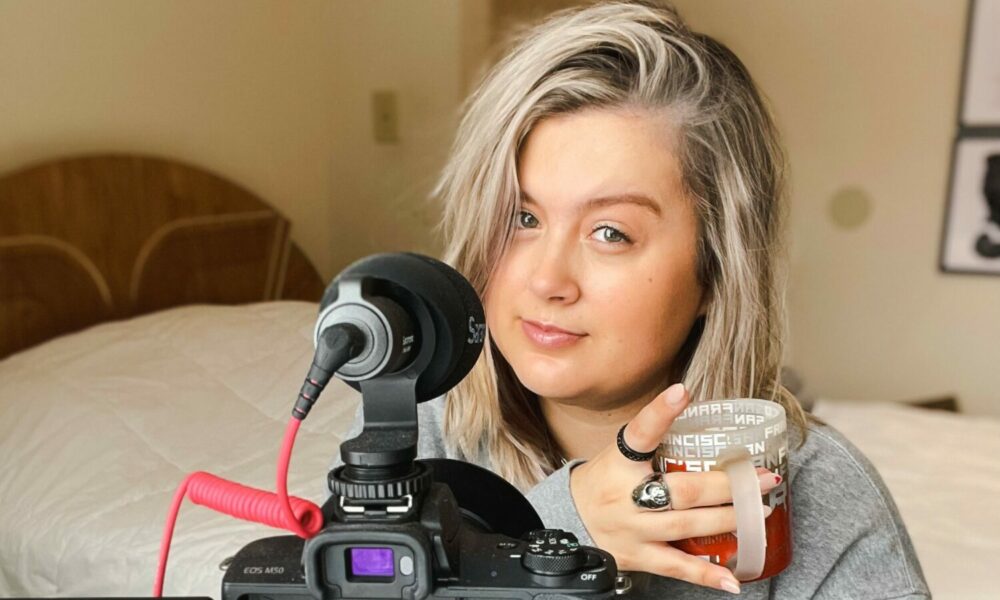

Today we’d like to introduce you to Rikki Poynter.
Hi Rikki, it’s an honor to have you on the platform. Thanks for taking the time to share your story with us – to start maybe you can share some of your backstories with our readers?
I started out in 2010 as a makeup vlogger after high school. Dealing with abusive home life and being denied jobs due to being deaf, and not being able to do college because of finances and inaccessibility, I got into makeup and YouTube since people ended up getting career opportunities from it, and I thought maybe it would help me with an MUA career.
Fast forward a few years later, that wasn’t working out and I was getting bored of doing makeup content. It was the same stuff over and over again, and since I wasn’t making a penny from YouTube, it was getting too expensive to keep up with buying new products to try and review. But I didn’t know what else to do since all I knew was YouTube and I still wasn’t being hired for “regular” jobs.
During those years, YouTube came out with automatic captioning, and to put it simply, they were bad. And I would ask YouTubers to caption their content. And I was also trying to find deaf people like me since I didn’t have any deaf friends, etc. in my life like that so I felt alone and hated myself because of it.
So when I couldn’t find someone I could relate to 100% on YouTube, I decided to try to be that person in case someone was feeling the same as me, and I really wanted to try to fix the inaccessibility issue. Thus, the accessibility career was born.
I’m sure you wouldn’t say it’s been obstacle-free, but so far would you say the journey has been a fairly smooth road?
On a personal level, it was both. I ended up finding a deaf identity, friends, etc. But that didn’t come without people, both in and out of the community, who accused me of faking or not being “deaf enough’, so on and so forth. So that was something I struggled with for years until I developed a thicker skin and more of a solid identity.
On a business level, it was really good at the beginning. I was pretty consistent with views and when I eventually got the attention of some bigger names, that helped my channel grow a lot and for a few years, I was really doing well. But now for the last few years, my channel hasn’t been doing well and I’ve been struggling to get it back to where it was in the past.
But I have branched out to doing public speaking and consulting with businesses to help make them more accessible. COVID has definitely made things a bit slower, but I’m hoping to get that backup. Last year, I ended up signing with an agency and I’ve gotten a few brand deals since and that’s really been making a positive difference.
On an accessibility front, it goes up and it goes down. There was definitely a time when more channels and the Internet, in general, were becoming more accessible with captions. But some did end up no longer being accessible. But then new channels start becoming accessible. It definitely goes back and forth but there’s definitely been an improvement overall.
Thanks for sharing that. So, maybe next you can tell us a bit more about your work?
I specialize in accessibility and disability (primarily deafness, chronic pain, chronic fatigue, and mental illness) awareness.
I’ve been talking about being a mainstream deaf child and finding a deaf identity, learning ASL, etc. since around 2013. At the same time, I started talking about captions and the lack thereof on the Internet, primarily YouTube. I was known for my campaign #NoMoreCraptions (as we tend to call automatic captions ‘Craptions’) and I’ve worked with brands like Apple and Google raising accessibility awareness.
I’m proud of being able to be one of the big enough voices on YouTube that got lots of people captioning their videos. I’m also proud of the deaf kids and teenagers, even adults, who have been inspired by me to find themselves as well and advocate for themselves when it comes to getting their accessible needs met.
Alright so before we go can you talk to us a bit about how people can work with you, collaborate with you or support you?
Subscribing to my YouTube channel, watching videos as they come out, giving them a thumbs-up, leaving a comment, and sharing the videos is a great way to support the video and channel growth. Engagement is really what helps out anything on a platform. And it’s all free. Whether it’s on YouTube, Instagram, TikTok, and Twitter.
I also have exclusive and extra content on my Patreon where people can read written work from me and sometimes get involved in the creative process. (patreon.com/rikkipoynter)
In terms of collaboration or business in general, I do have a website (rikkipoynter.com) that has a contact page. Just leave me a message and I’ll see what I can do!
Contact Info:
- Email: [email protected]
- Website: http://rikkipoynter.com
- Instagram: http://instagram.com/rikkipoynter
- Facebook: http://facebook.com/rikkipoynteryt
- Twitter: http://twitter.com/rikkipoynter
- Youtube: http://youtube.com/user/rikkipoynter
- Other: https://www.tiktok.com/@rikkipoynter
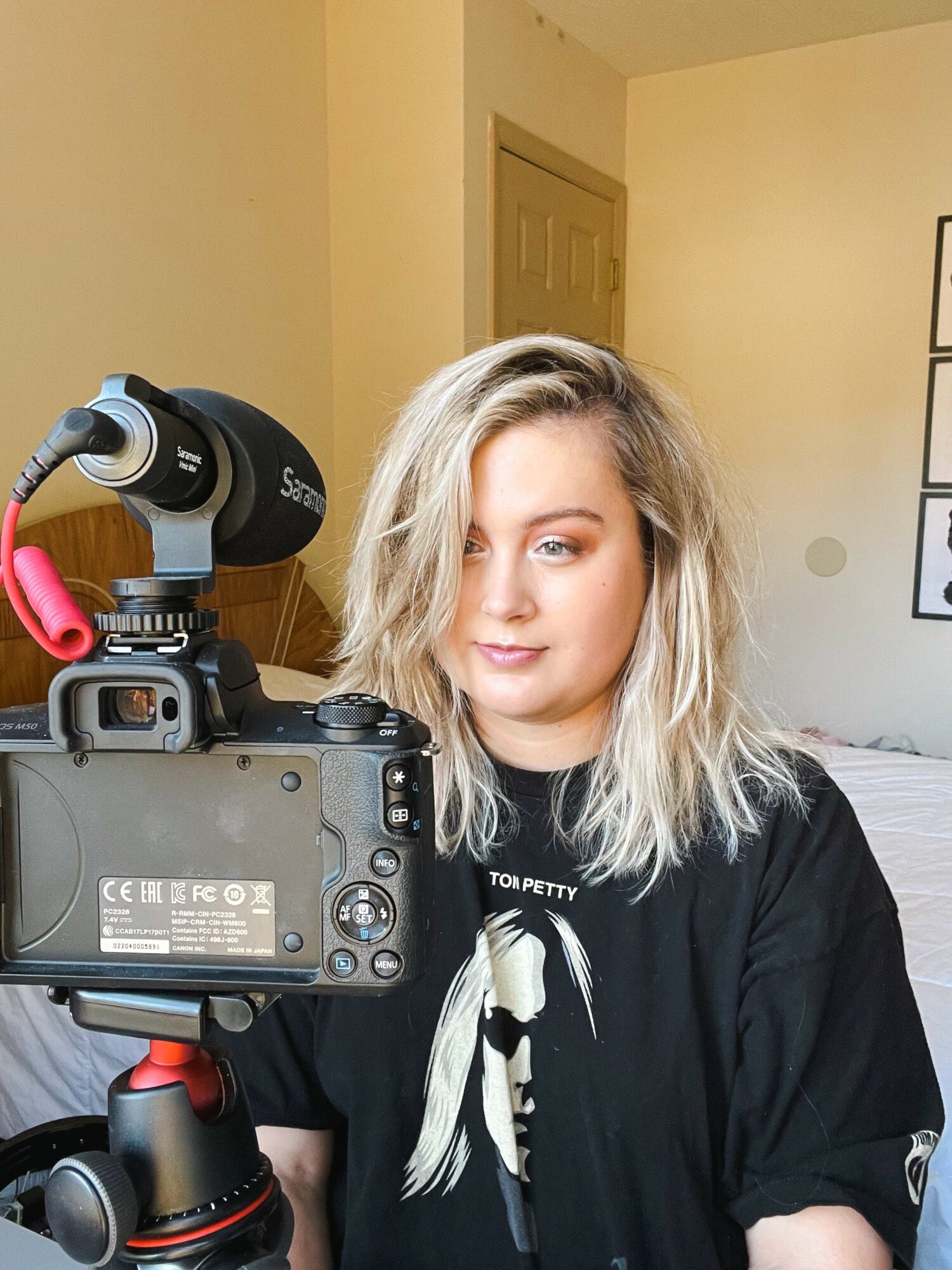
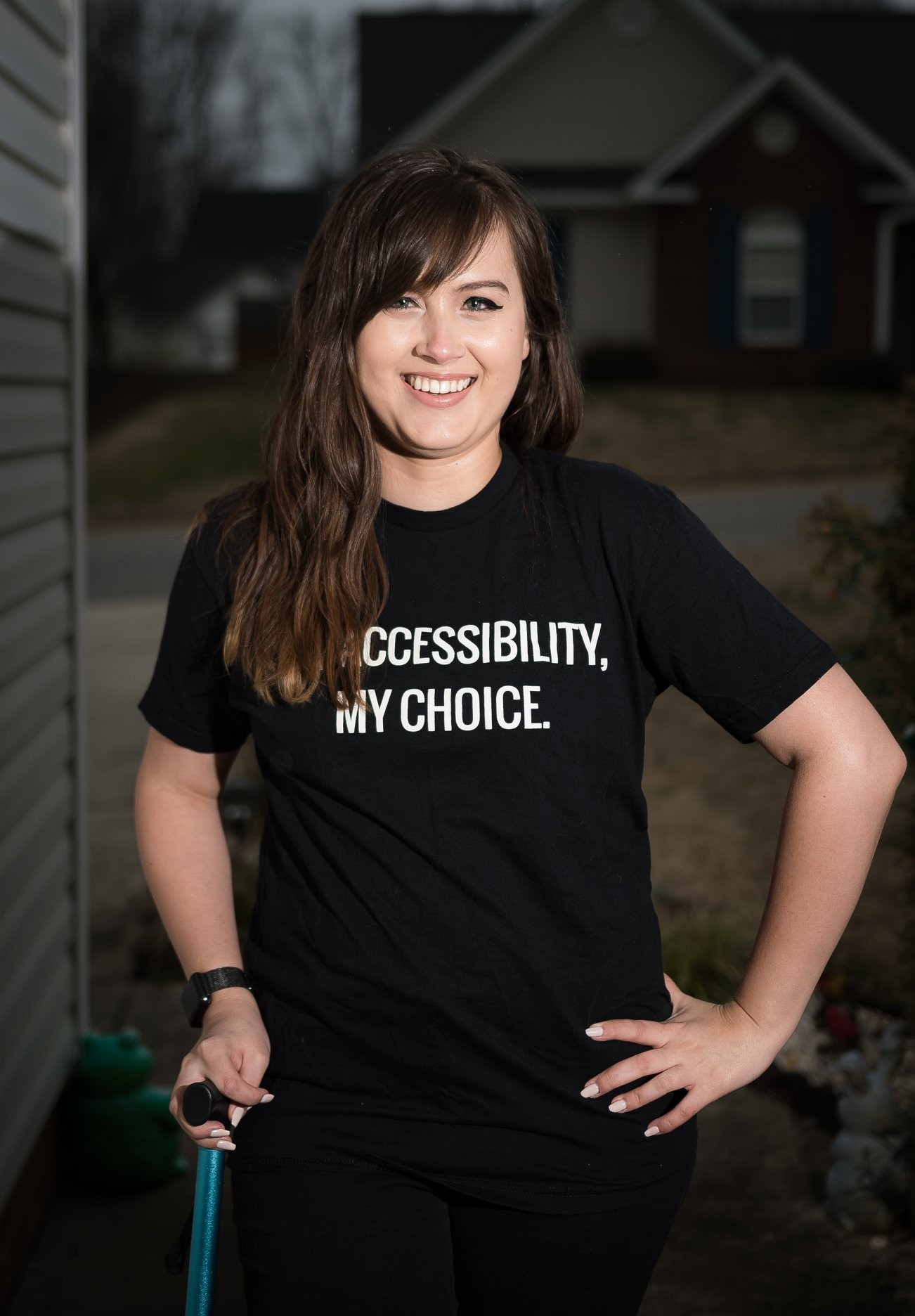
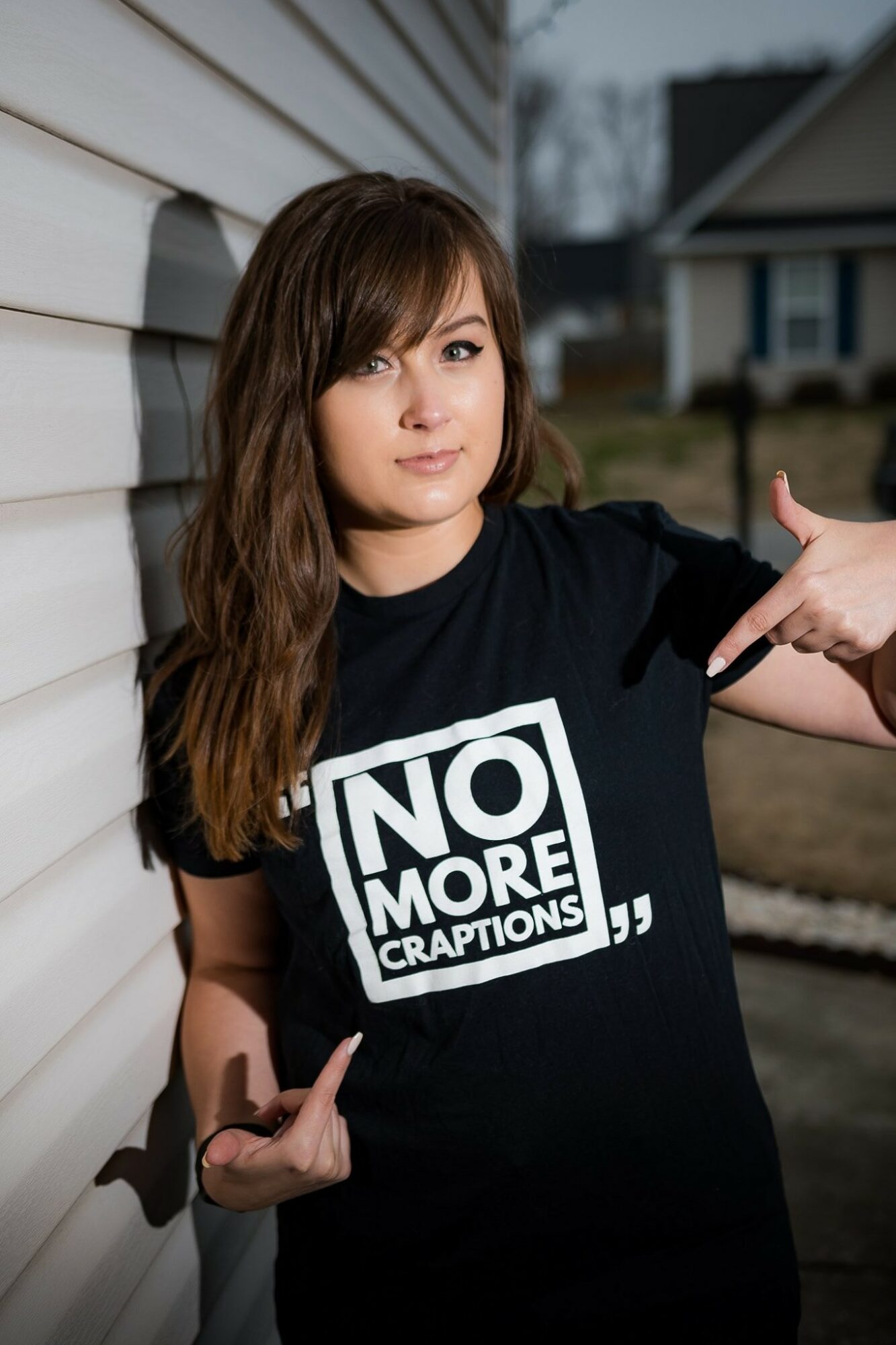
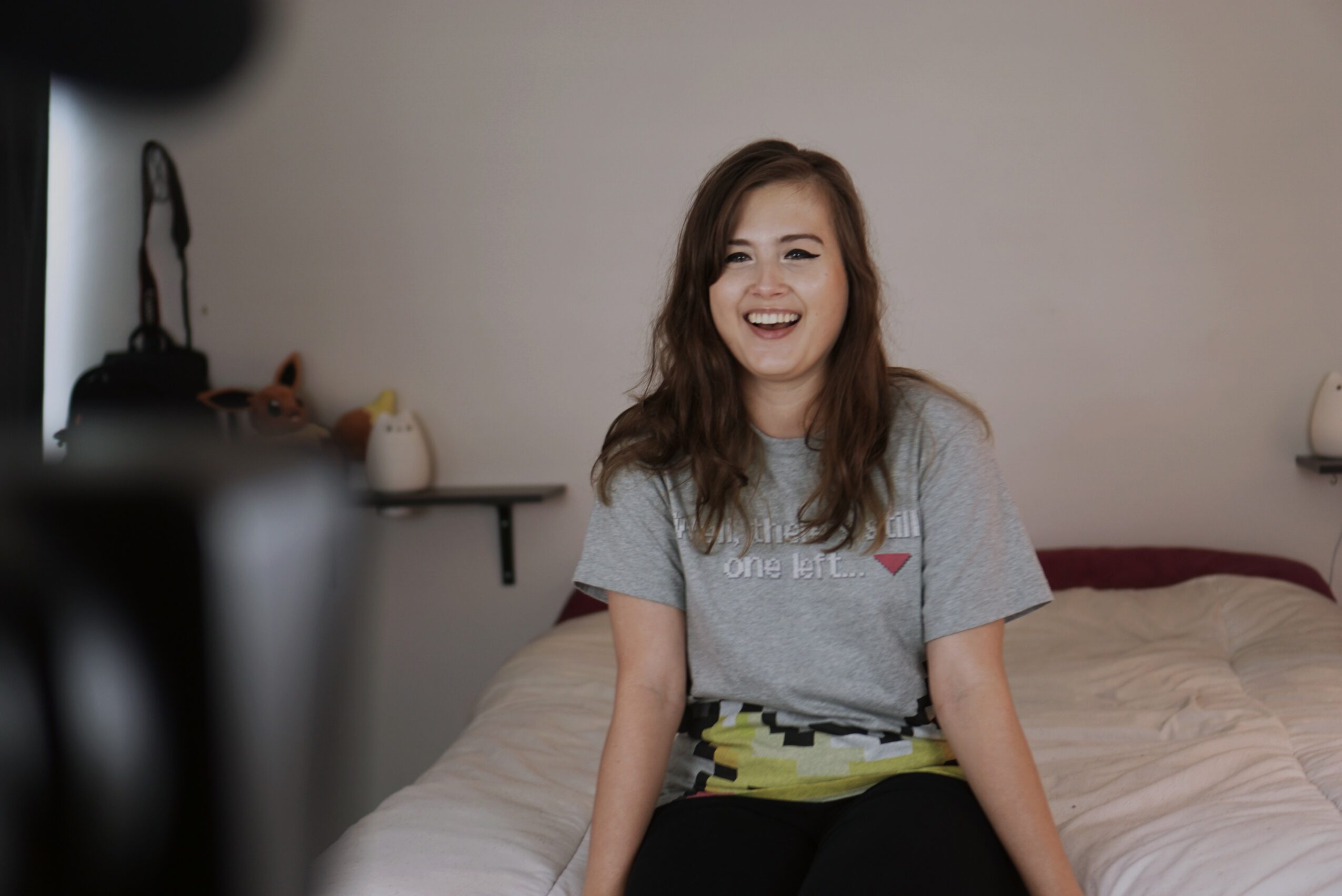 Image Credits
Image Credits
Robert Sullivan

